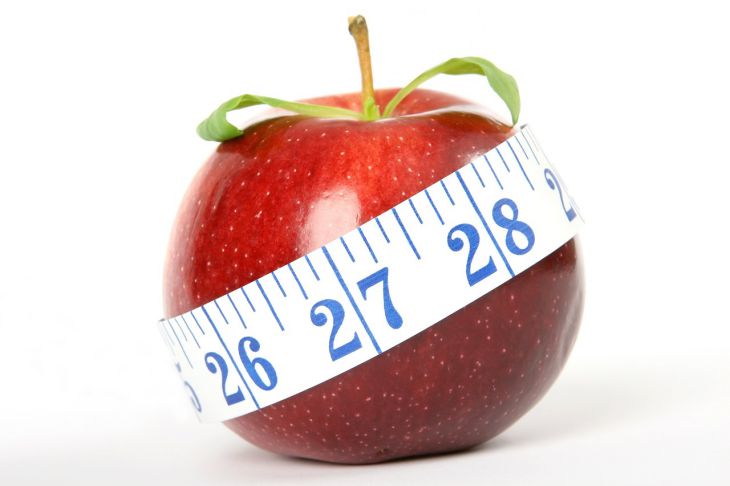Gaining weight while exercising is completely normal. Here's why.
Biochemist Ksenia Varakina-Mitrai explained why people gain weight while dieting.
You work out regularly only to step on the scale and find that you have only gained weight. You are probably wondering why this is happening.
Although this may seem like a serious problem, it is actually nothing to panic about.
After training, water is retained in the body
Do you feel like you should lose weight in an hour on a stationary bike? Most likely, it’s just water loss from sweat. But if the number on the scale only increases, it’s most likely due to water retention after the workout.

Water makes up approximately 65 to 90 percent of a person's weight, and changes in the water content of the human body can cause weight gain of up to 10 pounds per day on average.
This is one of the main reasons why diuretics are popular - they flush water out of your body, which only results in short-term weight loss, but they do not change your body composition in any way.
Weight gain after strength training
A kilogram of fat weighs the same as a kilogram of muscle, but muscle is less bulky than fat, meaning your body burns fat even as your weight increases.
When you strength train, your body composition changes—you gain muscle mass and lose body fat. As a result, your weight on the scale may increase, but your body fat percentage may decrease.
These changes occur over weeks and months (not hours or days), so scales are useless for tracking them. With all this in mind, you should expect to gain weight while exercising.
Weight gain as muscle mass increases and fat mass decreases
As noted above, the scale cannot tell you how much of your body weight is muscle and how much is fat.
This means that if your goal is to improve your fitness level, a scale is not the best tool to track your progress. Not to mention, constantly checking your weight can be nerve-wracking. And really, who wants to think about the pounds they’ve gained all the time?
If someone is trying to improve their fitness, they should ignore the scale and focus more on objective measurement tools like body composition to track their progress.
While weighing yourself can be one way to track your progress, it shouldn't be the only way.
And of course, don't get hung up on weighing yourself every day (and worry about gaining weight, even if you're exercising and eating right). Remember, dropping pounds on the scale doesn't mean you're getting healthier—it just means you're lighter.
And keep in mind that if you are exercising but gaining weight, your workouts may be effective, but you need to change your diet if you want to change the quality of your body.








